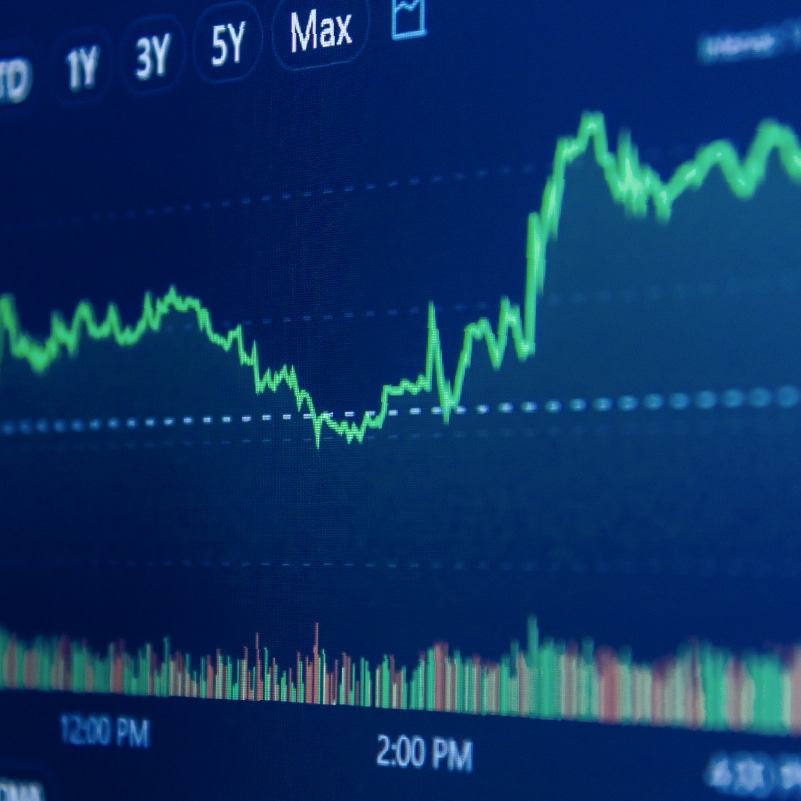September played out much like August, with a positive start to the month derailed by the prospect of an incrementally more aggressive monetary policy tightening trajectory. Global markets suffered their worst month of an already painful year (MSCI World -9.3% MoM) as they plunged back into bear market territory (MSCI World -25% YTD). The catalyst for the initial leg down was a worse-than-expected US inflation print. The bulk of the negative inflation surprise came from an acceleration in the generally stickier parts of the US inflation basket, including housing and medical services. The inflation shock left investors anticipating a hawkish tone from the US Federal Reserve’s (Fed’s) sixth meeting of the year, which proved to be the catalyst for the second leg down in global markets for September as the Fed delivered the anticipated 0.75% rate hike (the third consecutive one of that quantum) for a cumulative tightening of 3% since it started hiking rates from 0% in March.
While the Fed hike was in line with expectations, the message from Fed members was clearly more hawkish than expected, with their quarterly updated economic projections, released after the meeting, reflecting an expectation for less growth, more inflation, higher unemployment, and higher rates than they had anticipated just three months earlier. Fed Chair Jerome Powell was at pains to point out that, while the deteriorating economic environment would be painful for members of the public, it would be less painful than untamed inflation. Powell also stressed the need to maintain Fed rates at elevated levels for an extended period.
Large-cap tech stocks were amongst the worst performers in September (Nasdaq -10.5% MoM and -33% YTD). Emerging markets (EMs) fared even worse than their developed market (DM) counterparts (MSCI EM -12% MoM), with the bulk of the pain coming from Chinese stocks, including a drop of 18% MoM for US-listed Chinese shares. Brazilian stocks were at the opposite end of the spectrum, ending the month as the only major exchange in positive territory (+0.5% MoM) – it is also the only major exchange still in positive territory YTD (+5%) as investors started to position for a positive outcome from the upcoming Brazilian elections.
UK political developments added to global angst as newly appointed UK prime minister, Liz Truss and her pick for chancellor of the Exchequer, Kwasi Kwarteng, announced a UK budget that relied on borrowing to fund tax cuts and consumer subsidies. The budget was received poorly by investors resulting in a sharp drop in the currency (GBP/US$ -3.9% MoM) and the benchmark of stocks geared to the domestic economy (FTSE 250 -10% MoM).
The prospect of more inflation and tighter monetary policy weighed on bonds, which saw their worst year on record deteriorate significantly further (Bloomberg Global Aggregate Bond Index -5% MoM and -20% YTD). The outlook for weakening economic activity and lower demand also weighed on commodities, even the supply-constrained energy markets (natural gas -26% MoM, Brent crude oil -9% MoM).




